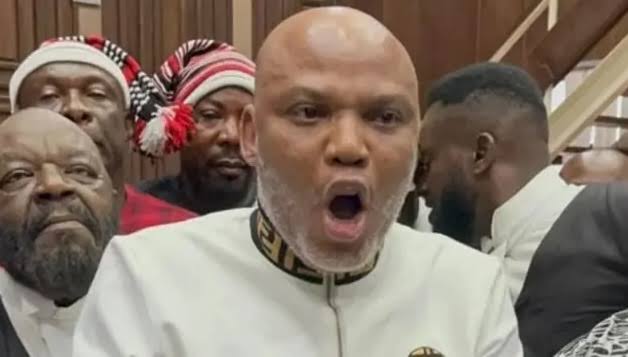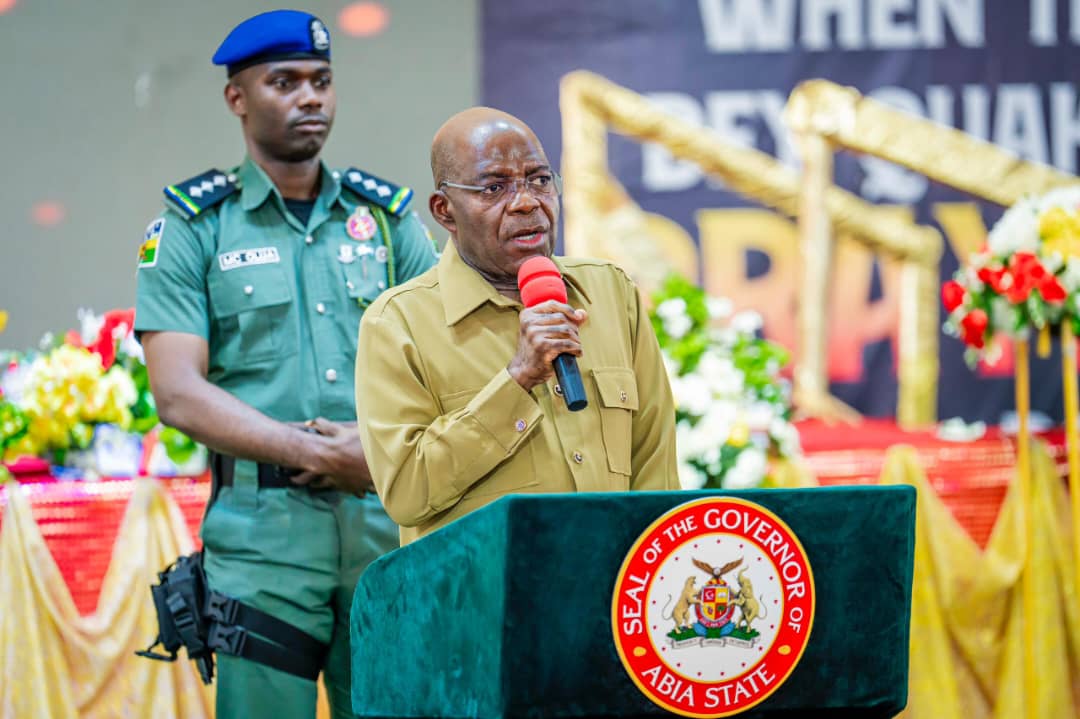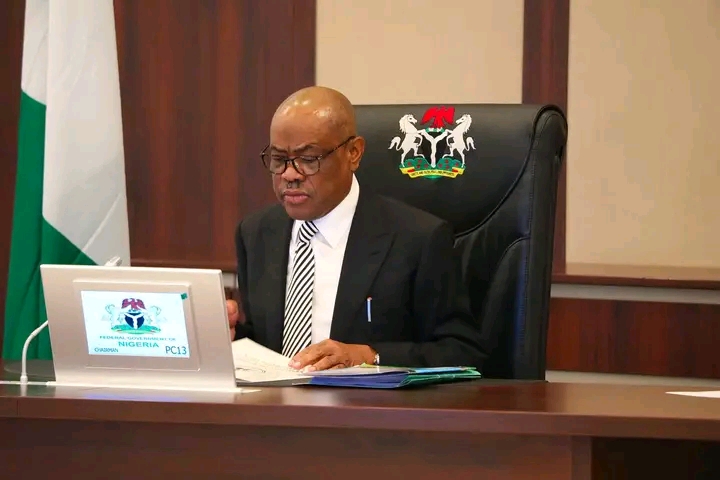In a dramatic turn of events, Nnamdi Kanu, the detained leader of the Indigenous People of Biafra (IPOB), has made a direct appeal to the Nigerian Bar Association (NBA), urging them to discuss his ongoing legal saga at their 2025 Annual General Conference in Enugu. Kanu’s plea, detailed in a letter to the NBA president, highlights what he describes as “miscarriages of justice” and calls on the legal body to fulfill its role as a guardian of the rule of law. This move places the NBA and the Nigerian judiciary under an intense spotlight, raising questions about the fairness of Kanu’s trial and the integrity of the nation’s legal system.
The letter, titled “Re: Miscarriages of Justice in the Case of Mazi Nnamdi Kanu,” and personally signed by him, was dated August 18, 2025, and received at the NBA national secretariat on August 22, 2025. In it, Kanu lays bare a series of alleged legal infractions, including his abduction from Kenya and subsequent rendition to Nigeria, which the Court of Appeal had previously ruled as an illegal act that nullified the charges against him. He also points to the use of a repealed law, the Terrorism Prevention (Amendment) Act 2013, as a basis for his trial, a legal argument that his defense team has repeatedly raised.
ALSO READ: https://nationscuriosity.com/just-in-well-soon-name-terrorism-financiers-i/
Kanu’s language is strong and uncompromising. He accuses the courts of what he calls “judicial lynching” and asserts that his case is not just about him, but about whether the Nigerian judiciary is bound by law or by impunity. He believes that the constitution, statutes, and international treaties have all been “shredded” in his case. His appeal to the NBA is a direct challenge, encapsulated in the Latin maxim: “Qui tacet consentire videtur,” meaning “he who is silent is taken to agree.” He warns that the NBA’s silence would make it complicit in the erosion of Nigeria’s legal foundations.
Kanu’s legal travails have been a source of significant political and social tension in Nigeria, particularly in the Southeast. He has been in detention since his re-arrest in 2021, facing an eight-count charge of terrorism. The Federal Government recently closed its case against him after calling five witnesses, prompting his defense team to file a no-case submission. The government, however, has urged the court to reject the submission and compel Kanu to open his defense, arguing that his broadcasts on Radio Biafra were aimed at breaking up the country and inciting fear.
The NBA conference, a major gathering of legal practitioners from across Nigeria, provides a powerful platform for a robust discussion on the matter. By including Kanu’s case in their agenda, the NBA could potentially conduct a thorough investigation into his claims, publish a report, and hold any errant judges accountable. This could be a significant step toward restoring public confidence in Nigeria’s judicial system, which Kanu argues has been compromised. The Nigerian Bar Association, now faced with this weighty request, must decide whether to engage with a case that is as politically charged as it is legally complex. The decision could have far-reaching implications for the future of the Nigerian judiciary and the rule of law.
This video provides context on Nnamdi Kanu’s case, specifically highlighting his legal team’s efforts to get his release by submitting a list of judgements to the Attorney General of the Federation.




![JUST IN: Ignore Local Media At Your Peril – Ifeanyi Okali [ABN]](https://nationscuriosity.com/wp-content/uploads/2025/08/1755936007347-75x75.jpg)
![NANS Zone [F] Leadership Meets Abia State Commissioner for Youth and Sports Submits Key Proposals for Student Development](https://nationscuriosity.com/wp-content/uploads/2025/03/IMG-20250320-WA0052.jpg)
![Peter Obi Sues Deji Adeyanju Over Defamation Allegations on Social Media [PHOTOS]](https://nationscuriosity.com/wp-content/uploads/2025/08/operanews1756330176090-120x86.jpg)





